People in NATO and EU member Slovakia will go to the polls on March 23 to choose their leader for the next five years. The winner of the election will replace incumbent President Zuzana Caputova, who has announced she will not seek re-election.
The vote is likely to be a contest between representatives of the ruling coalition led by Prime Minister Robert Fico – who is pro-Russian and opposed to aid to Ukraine – and independent candidates closer to the radical opposition.
Slovak Parliament Speaker Peter Pellegrini earlier this week set the presidential election for the Central European country for March 23, with a second round (runoff) to be held on April 6 if no candidate wins an absolute majority in the first round. The runoff will be a race between the two candidates with the highest number of votes in the first round.
Mr Pellegrini, who is also leader of the centre-left Hlas (Voice) party in the ruling coalition of populist Prime Minister Robert Fico, has announced his candidacy. A win for Mr Pellegrini, 48, would significantly strengthen the coalition's power.
“If the party leadership agrees to nominate me and all the requirements are met, I will announce my candidacy on January 19,” Pellegrini said after announcing the election date at a press conference.
In addition to Pellegrini, a candidate from the left, there are potential main rivals in the race. First is Ivan Korcok, 59, who served as foreign minister in the previous government. Korcok is likely to attract strong support from opposition parties, including the liberal and pro-Western Progressive Party of Slovakia (PS).
The PS party, which assumed that Mr Pellegrini would be its presidential candidate, has said that the upcoming Slovakian presidential election is important for the country, and argued that the current ruling coalition should not occupy all the top political positions in the country.
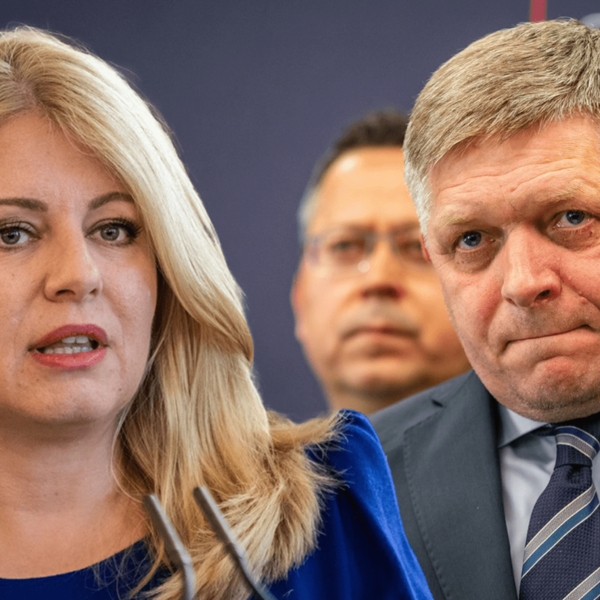
Peter Pellegrini (Hlas Party), Robert Fico (SMER Party) and Andrej Danko (SNS Party) at the signing ceremony of the Slovakian ruling coalition, October 16, 2023. Photo: AP/Toronto City News
The second candidate is Mr. Jan Kubis, 71 years old - an international diplomat who served as Foreign Minister in the government led by Prime Minister Fico before.
In addition, the leader of Slovakia's far-right SNS party, Andrej Danko, has expressed his intention to run in the upcoming presidential election. In a political debate on public television RTVS on January 15, Mr. Danko, 50, also added that if he does not have enough support, he will join forces with another nationalist candidate, referring to former Supreme Court judge Stefan Harabin, who has already announced his intention to run.
Mr Danko's SNS is also part of a ruling coalition led by Mr Fico's populist left-wing Social Democratic Party (SMER). SMER and Hlas have a combined 69 seats in the 150-seat Slovak parliament, so they have relied on the SNS's 10 seats to pass sweeping legislative measures introduced since last November.
According to a poll last December, Mr Pellegrini, himself a former prime minister, was considered the most trusted political leader in Slovakia, and he was likely to win if he ran.
In Slovakia, the President does not hold much power in the day-to-day running of the country, but the Head of State can slow down the process of enacting laws by using the veto power or turning to the Constitutional Court to question the constitutionality of laws that have already been passed.
It is a tactic that President Caputova has used to restrain previous and current governments. The Slovak president is elected for a five-year term and can run for two consecutive terms. But last June, Ms Caputova announced that she would not seek re-election.
In Slovakia, a country of 5.5 million people, a presidential candidate needs the support of at least 15 lawmakers or the signatures of at least 15,000 citizens, as Mr. Korcok and Mr. Kubis did, to enter the race .
Minh Duc (According to bne IntelliNews, Reuters, Balkan Insight)
Source




![[UPDATE] April 30th parade rehearsal on Le Duan street in front of Independence Palace](https://vstatic.vietnam.vn/vietnam/resource/IMAGE/2025/4/18/8f2604c6bc5648d4b918bd6867d08396)

![[Photo] Prime Minister Pham Minh Chinh receives Mr. Jefferey Perlman, CEO of Warburg Pincus Group (USA)](https://vstatic.vietnam.vn/vietnam/resource/IMAGE/2025/4/18/c37781eeb50342f09d8fe6841db2426c)

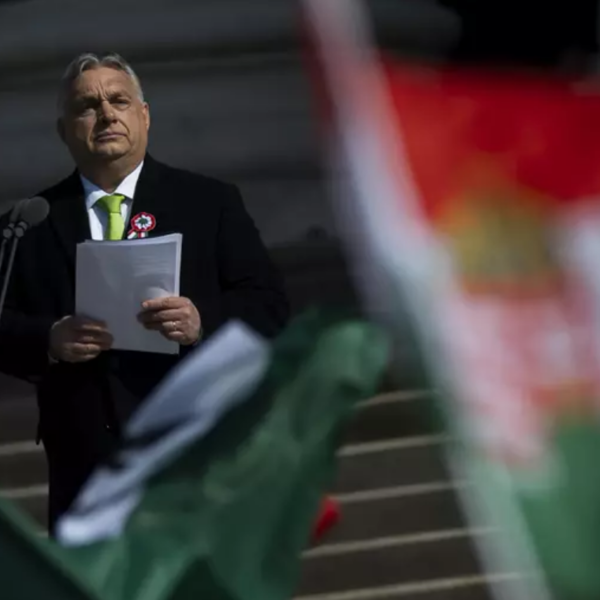
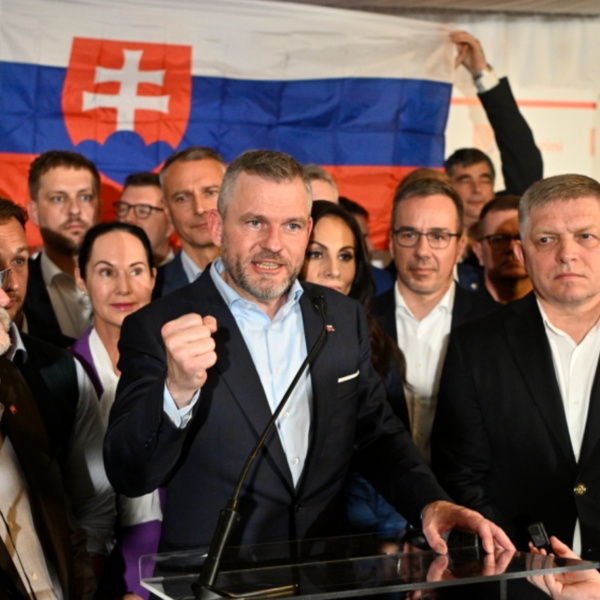


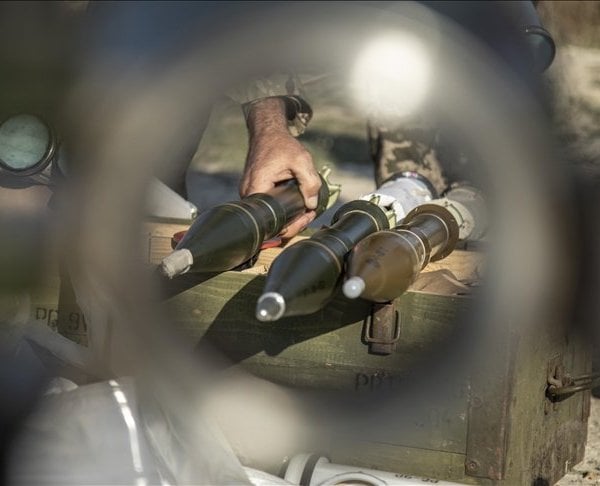



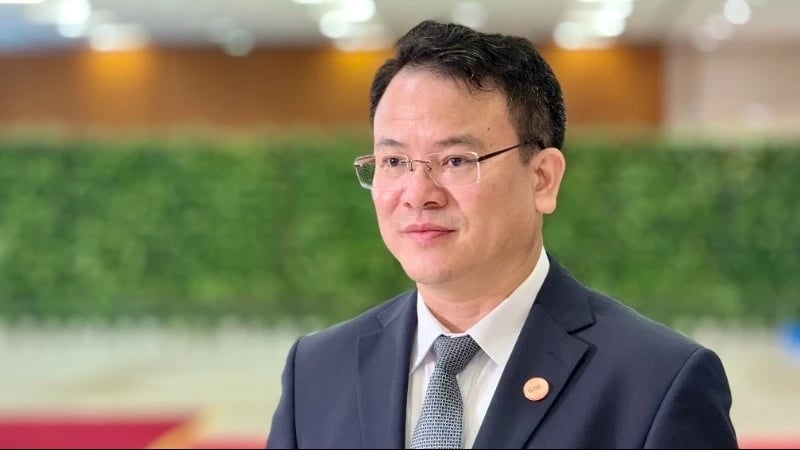
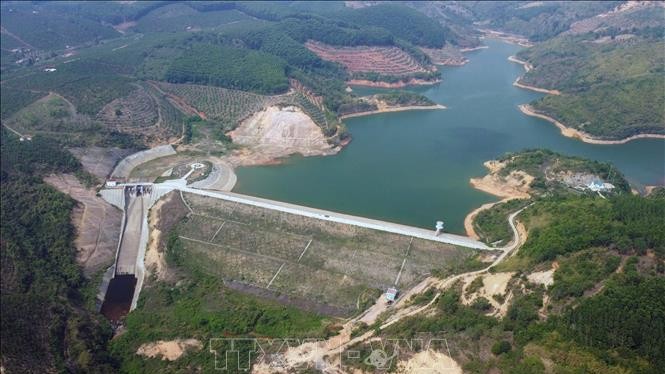
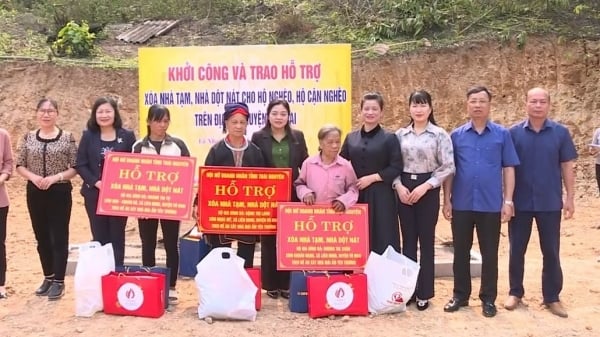












































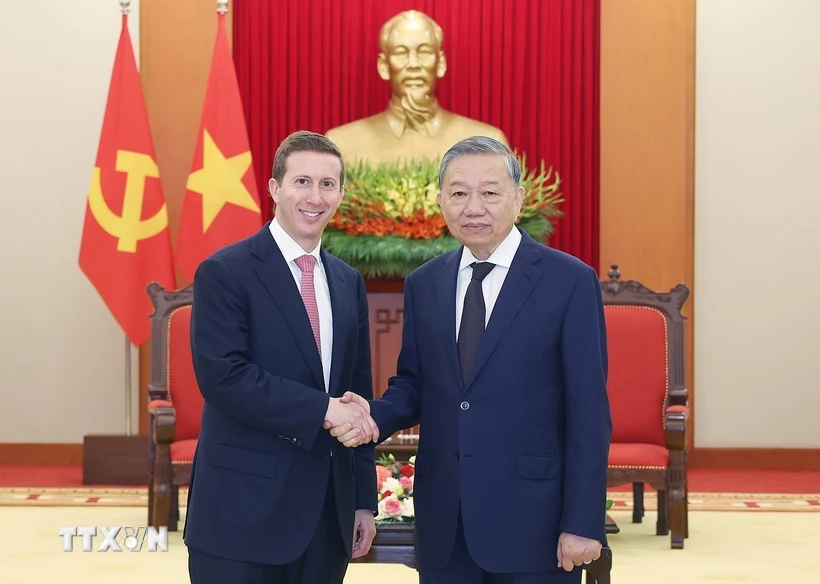









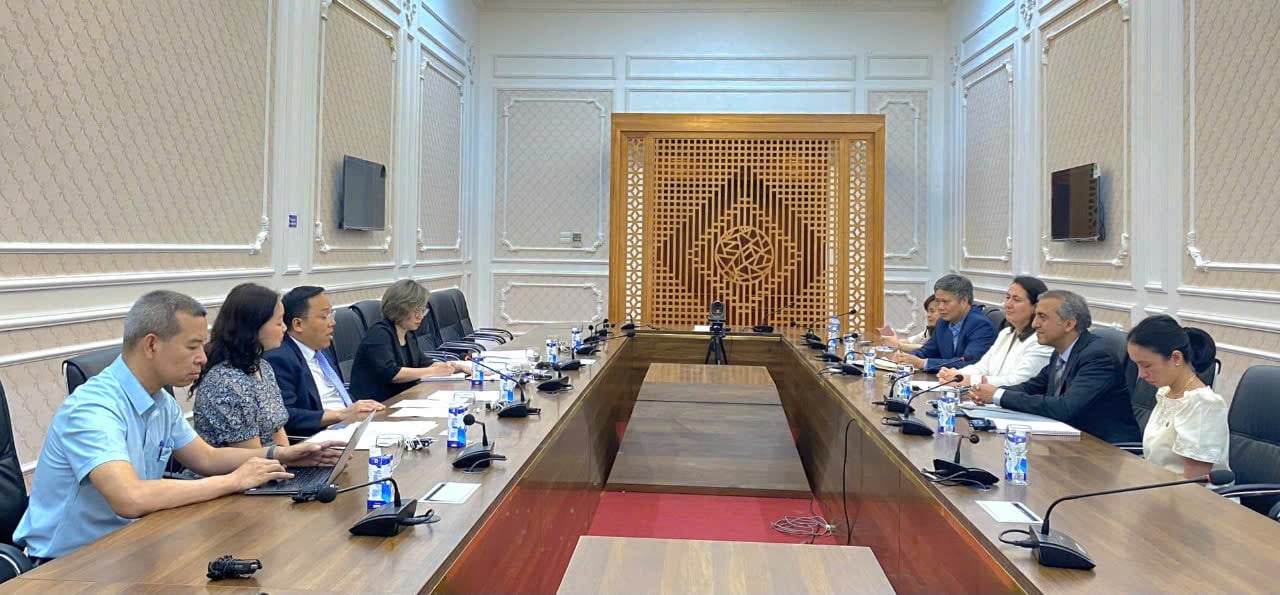

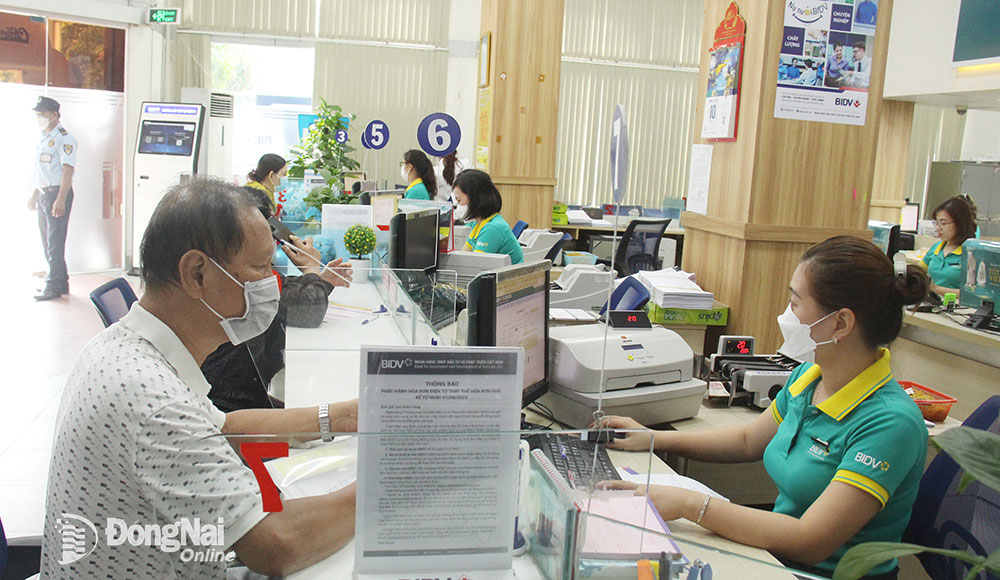


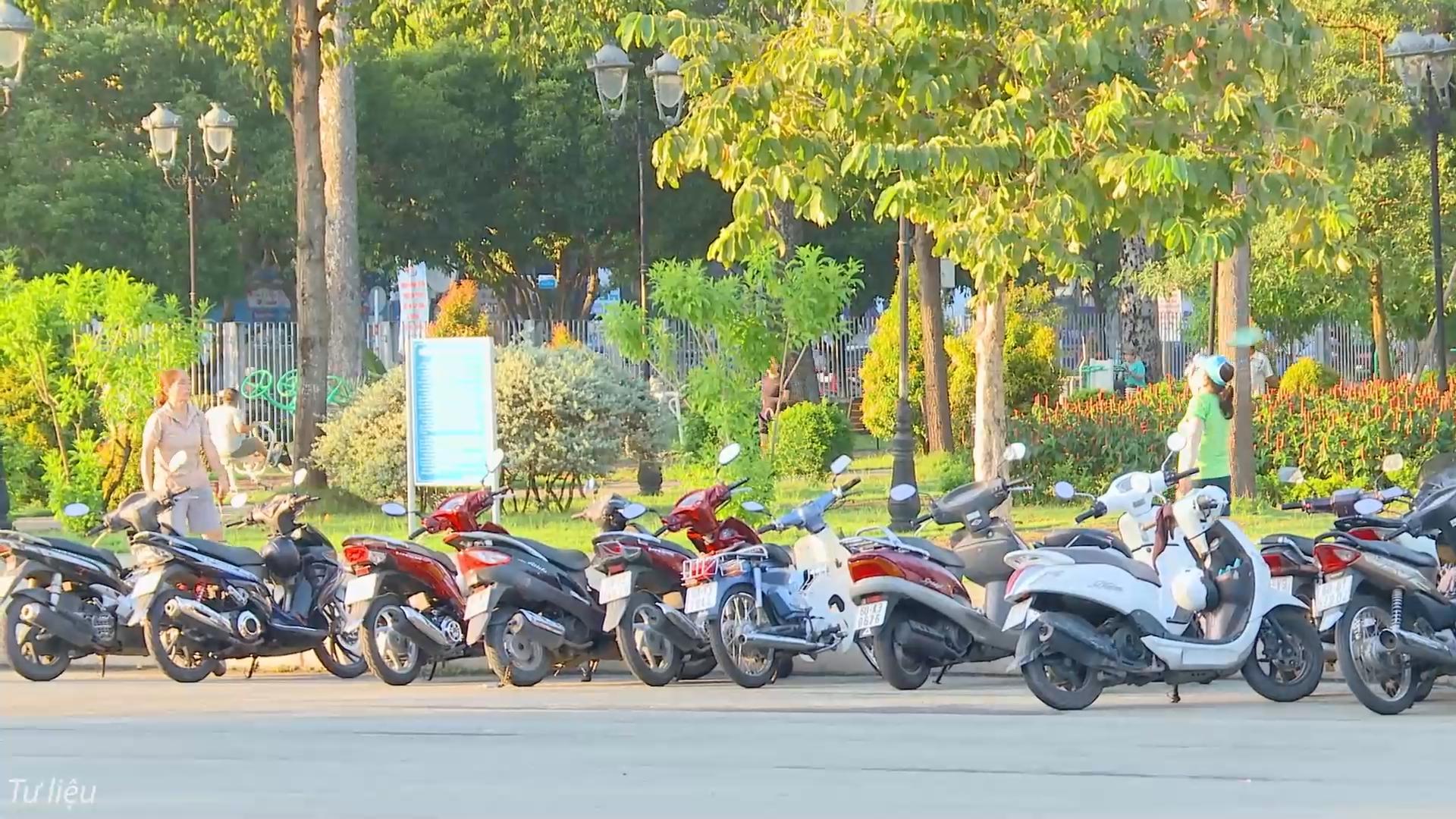
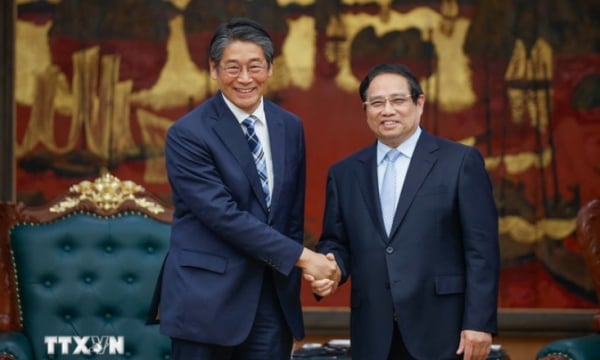
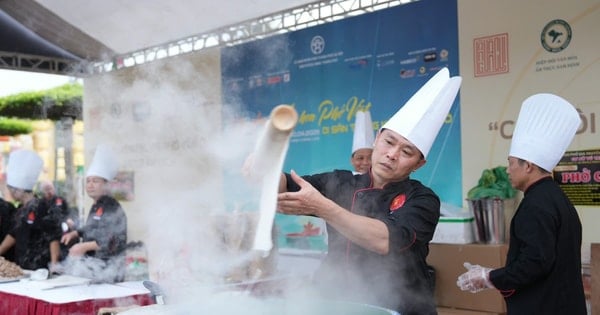

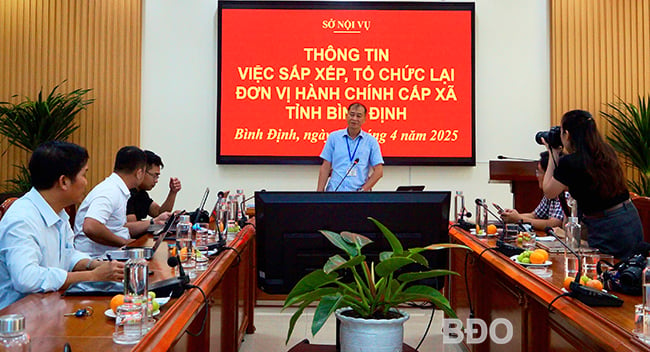










Comment (0)